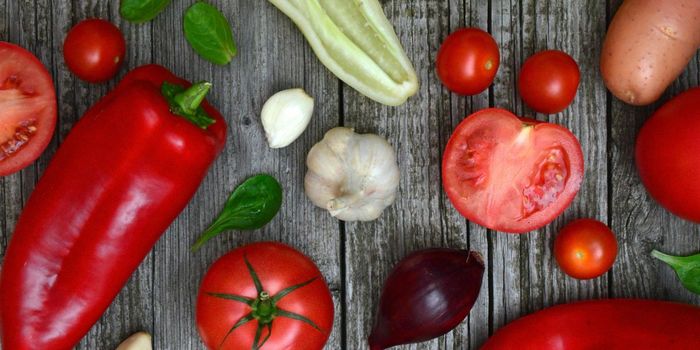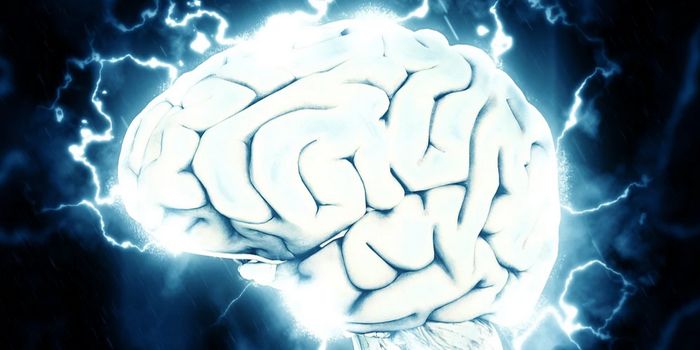Fear of Germs Leading Factor in COVID-19 Preventative Behavior
Researchers from the University of Connecticut have found that people with a psychological aversion to germs are more likely to engage in preventative behaviors to protect their own health- such as wearing a mask and frequently washing their hands.
The findings come as a part of a year-long ongoing investigation into how behavior and social attitudes change when people in the US are under threat of widespread disease. For the study, the researchers track the well-being, feelings, and behavior of around 1000 people across the country. Since the project started in March, over 18 surveys of the participants have been conducted.
Aside from collecting generic demographic questions including age, political and religious values, and socioeconomic status, the researchers also gathered data on health- such as underlying health factors and questions designed to gauge risk factors for certain diseases.
They also asked whether each participant had been (or believe they had been) infected by COVID-19 and behavioral questions such as how often they engaged in preventive behaviors such as wearing a mask, social distancing, hand washing, cleaning and disinfecting.
In the end, the researchers found that participants with stronger feelings of germ aversion and pathogen disgust tended to report greater concern for COVID-19, as well as more frequent preventative behaviors.
“Older participants reported more concern about COVID, which makes sense – they’re at higher risk,” says Natalie Shook, lead author of the study. “But when we looked at preventative health behaviors, we weren’t necessarily seeing that older adults were engaging more in preventative health behaviors. So, where there was the concern, that wasn’t necessarily translating into the behaviors that could protect them.”
The researchers aim to release these and additional findings investigating subjects such as mental health, job security, and financial concerns in the coming weeks and months as more data becomes available.
Sources: Neuroscience News, PLOS One









